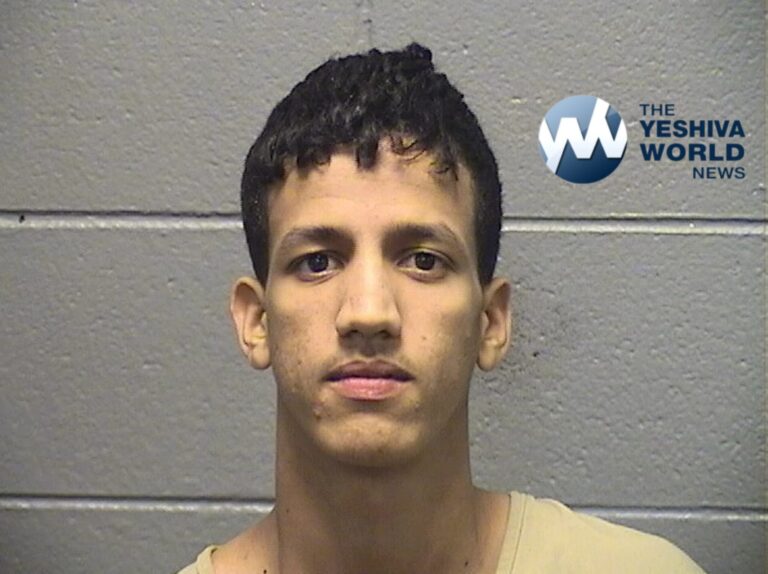
As of April 1st 2014, New York State more than doubled its estate tax exemption, and it’s set to rise gradually through 2019 to eventually match the generous federal exemption, projected to be $5.9 million by 2019. In plain English, this means that the estates of New York residents who die between April 1, 2014 and March 31, 2015 may only have to pay a NY estate tax if the total assets exceed $2,062,500. (Keep in mind that outright transfers to a surviving spouse are not taxable).
Although the increased state exemption amounts (beginning at $2,062,500) seem to make estate planning much easier for a lot of people, there are still big traps in the new law to watch out for.
One trap in New York is a new “cliff,” which is called a “cliff” because if it’s triggered, you basically fall into an estate tax abyss.
Before April 1, 2014, the amount an individual could leave at death without owing state estate tax in New York was $1 million, one of the lowest exemption amounts in the 19 states (plus the District of Columbia) that impose state level death taxes. That meant that you’d pay New York estate tax (at up to a 16% top rate) on your assets above $1 million.
As of April 1, 2014, the exemption amount is $2,062,500, which shields way more people from the state estate tax. But if you die with just 5% more than $2,062,500, you face a “cliff,” meaning that you will be taxed on the full value of your estate and not just the amount over the exemption amount.
Here’s an example of how the new law could translate into an even worse scenario with a higher tax consequence than it would’ve been if the exemption amount had stayed at only $1 million:
Assume a person dies on May 1, 2014 with an estate valued at $2.17 million. The New York basic exclusion amount will be $2,062,500. Because the value of the estate exceeds 105% of the then available New York basic exclusion amount ($2,062,500 x 105% = $2,165,625), the estate will be subject to New York estate tax on the entire $2.17 million. The New York State estate tax bill will be $112,400, which is the same as the amount that would have been due under the old law. Such an outcome would seem to make New York a much less favorable environment for New Yorkers during their golden years. In contrast, if an individual had died with an estate valued at $2 million, his/her estate would owe no New York estate tax under the new law because the New York basic exclusion amount will be applied to her estate since all the assets are valued under the $2,062,500 exclusion amount. However, under the old law (an exemption of amount of only $1 million), the decedent’s estate would still have owed $99,600 in New York estate tax which is less than the $112,400 it would now owe under the new laws.*
(*In writing this article and using this example, we relied on a wonderful article written by Proskauer Rose LLP. Here is a link to the article: http://www.proskauer.com/publications/newsletters/personal-planning-strategies-april-2014-special-report/.)
In addition to the “cliff,” there are other problems with the new law. For one, there is no portability provision like in the federal law which allows a surviving spouse to shelter twice as much without the use of complicated trusts.
Also, one must keep in mind that there is a three-year look-back for taxable gifts (those gifts are pulled back into your estate) for gifts made on or after April 1 and before Jan. 1, 2019, but not including any gift made when the decedent wasn’t a New York state resident.
For people whose estates will be taxable at the state and/or federal level, they have several options to reduce their estate tax bill. The options include spending their assets, directly gifting assets to family members or not-for-profit organizations, creating a foundational estate plan, getting married, using advanced estate planning techniques, or moving to another state that does not have a state estate tax. Future article will discuss this paragraph at length.
If you wish to discuss any aspect of the new law as it relates to your estate planning, please contact one of the attorneys in the Trusts & Estates Practice Group at Yedid & Zeitoune, PLLC.
The Trusts & Estates Practice Group at Yedid & Zeitoune, PLLC collectively work together with each client to ultimately put together an Estate Plan customized to each client’s particular needs, taking into account the need to balance control with protection of assets. May Hashem bless us all with long, happy and healthy lives – amen!
The attorneys in the Trust & Estates Practice Group at Yedid & Zeitoune have a combined 16 years of legal experience and are ready to assist you with all your estate planning needs.
Isaac Yedid, Esq. & Raymond Zeitoune, Esq.
Yedid & Zeitoune, PLLC
1172 Coney Island Avenue Brooklyn, New York 11230
Phone: (347) 461-9800 Fax: (718) 421-1695 Email: [email protected]
NYC Office – By Appointment Only:
152 Madison Avenue, Suite 1105 New York, New York 10016










